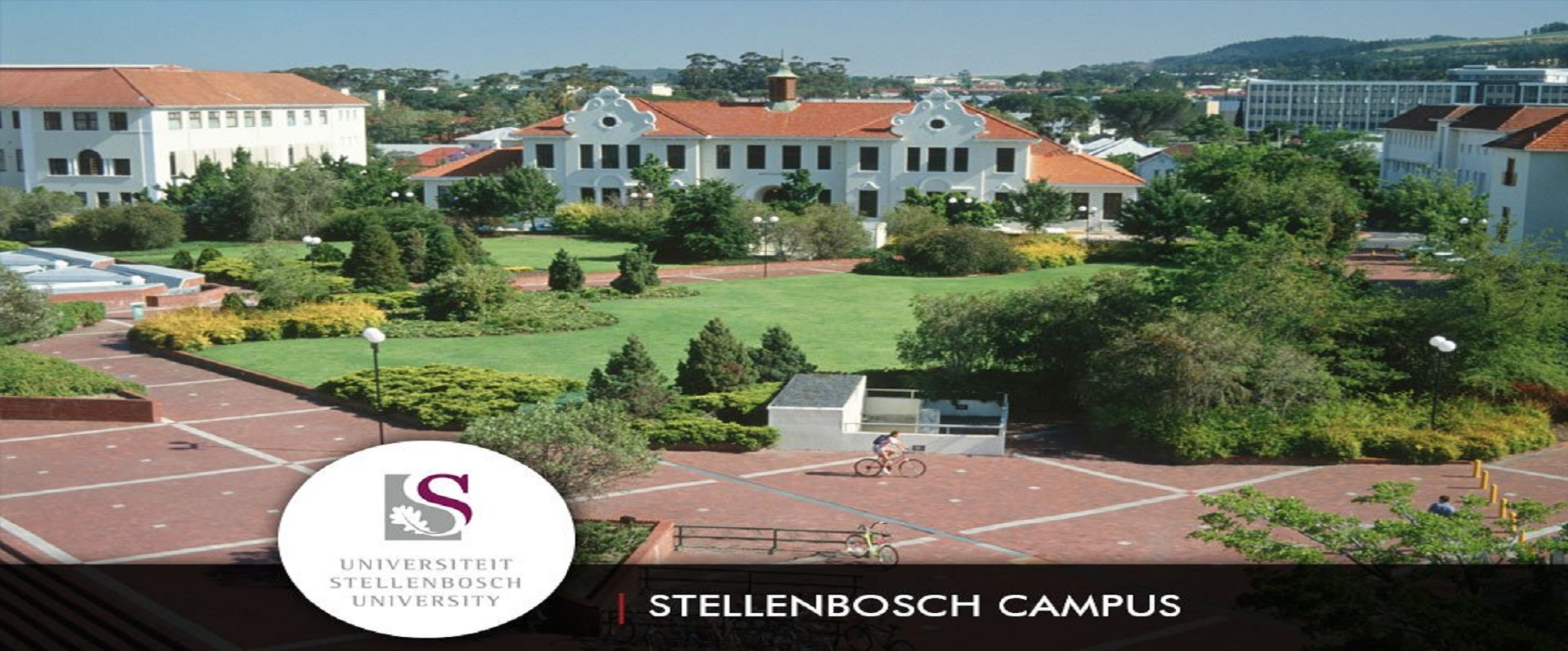Master of Engineering (specialization in Renewable Energy Systems; Networks; Power Quality and Efficient Production Systems)
- Type of Academic Programme
- Masters
- Duration in Semesters
- Minimum 3 semesters (18 months)
- Study credits/hours (per semester)
- 60 (180 credits total)
- Objectives
The research-based Master’s Degree programme extends over a minimum period of 18 months. The outcome of this programme is a civil engineering specialist with a fundamental in-depth training that is based on problem solving and advanced application within a field of specialisation. This programme will prepare candidates also for PhD research, and should therefore be followed by candidates who consider an advanced level of postgraduate qualification.
Research programmes reflect the areas of specialisation and interest within the Department. Topics for Masters theses, which fall within the research programmes and themes of the Department will ensure that the necessary study leadership will be available??
- Structure and content
The MEng (Research) programme requires a thesis with a minimum credit value of 180 on NQF level 9. Certain MSc Eng and MEng (Research) programmes can include modules that may be used together with a research project to determine the final mark. In some MSc Eng and MEng (Research) programmes, candidates will not be expected to follow further modules if they already have an honours degree in science, a relevant four-year bachelor’s degree, or a bachelor’s degree in engineering, or an equivalent qualification in the subject matter of the thesis, while other MSc Eng and MEng (Research) programmes include compulsory modules. The candidate must pass all the prescribed modules of the specific degree programme before the degree can be awarded.
An approved research project must be completed satisfactorily and a thesis submitted. It must be evident from this thesis that the student is capable of independent scientific and technical investigation and interpretation of the results. The thesis must be accompanied by a declaration that it has not been submitted at another university for a degree and that it is the student’s own work. The complete thesis must be written by the student himself/herself. The body of the thesis must form a coherent whole, which normally comprises an introduction, a background study, one or more chapters where the core contribution is developed or designed, a set of experiments by which the quality of the contribution is tested and a conclusion chapter. The thesis must also include a complete list of the references used. Students who wish to study on a part-time basis, and/or do the research work mentioned above at another approved institution, must obtain written approval from the Senate.
- Learning outcomes
The MEng Graduate will be able to:
-
Perform independent analysis of new data and problems using a wide range of methods and techniques appropriately
-
Critically evaluate relevant literature
Extrapolate implications beyond given data
-
Use higher order principles to relate data to new, broader issues
-
Transform abstract data and concepts for a given purpose.
-
Review evidence supporting conclusions critically
-
Identify and define complex problems
Apply appropriate knowledge and skills for their solution.
-
Manipulate abstract systems models
Use well developed design skills confidently
-
Challenge orthodox theory and suggest new approaches
-
Handle contradictions and make value judgements
-
Interact and engage in debate with a learning or professional group? produce detailed and coherent reports.
The MEng graduate will demonstrate:
-
Mastery of theoretical sophisticated subject matter with a comprehensive knowledge of a field.
-
Mastery of advanced theory and its application to a specialised field
-
Capacity for independent study via the completion of a project or assignments
-
Understanding and application of appropriate academic and professional values
-
The ability to take calculated risks
Self-reflexivity and adaptability.
- Recognition and accreditation obtained
South African Qualifications Authority (SAQA)
Period of validity of accreditation:Last date for enrolment: 2019-06-30; last date for achievement: 2022-06-30

 MASTET
MASTET

